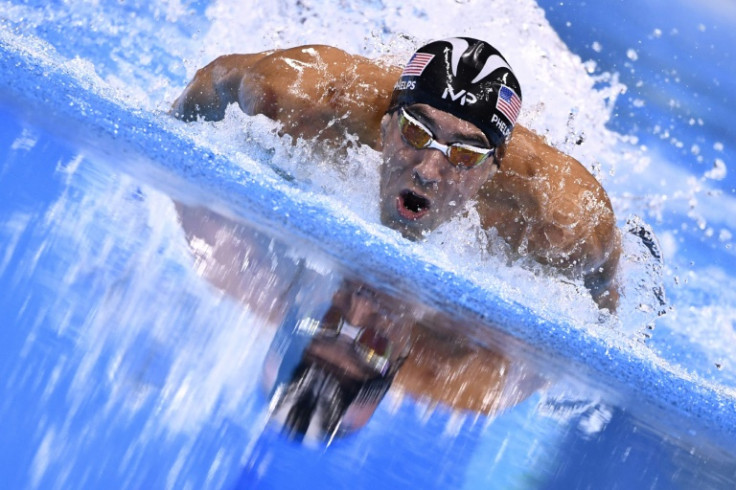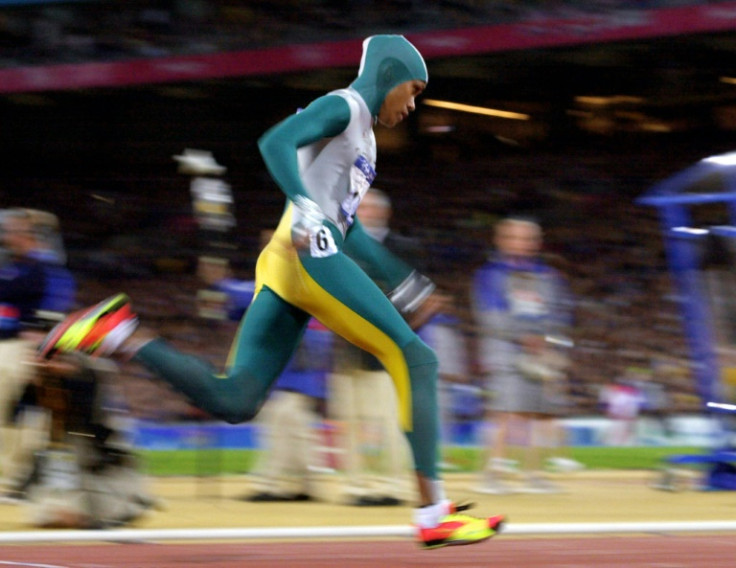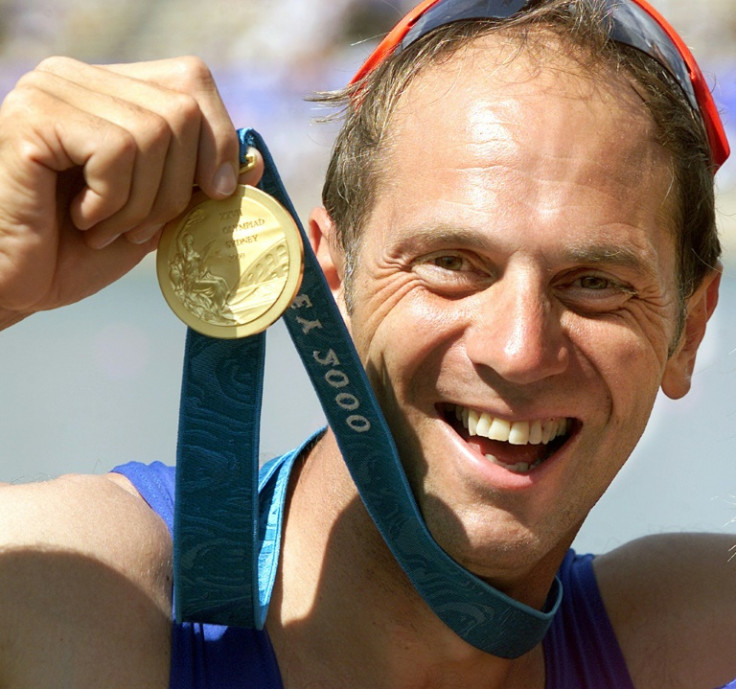
AFP continues its look back at the history of the Olympics to pick out some of the legends that have lit up the Games.
British rower Sir Steve Redgrave is the only endurance sport athlete to have won gold medals in five consecutive Olympics: 1984 (coxed fours), 1988, 1992, 1996 (coxless pairs) and 2000 (coxless fours).
After his fourth gold at the Atlanta Games Redgrave, who suffered for years with debilitating ulcerative colitis, announced his retirement.
Soon after that he was diagnosed with Type 2 diabetes but he decided to put his 38-year-old body through a punishing training regime one last time in 2000 and went on to win a fifth gold in Sydney.
"I decided that diabetes had to live with me, not me live with it," he said.
In a moment that captured a spirit of reconciliation between Australia's Aborigines and the descendants of European migrants, Aboriginal sprint legend Cathy Freeman, wearing a custom-made silver bodysuit, lit the Olympic flame at the 2000 Sydney Games.
Ten days later she became the first Australian Aboriginal to collect an individual gold medal when she won the 400m final, this time in a high-tech hooded green and gold racing suit.
Freeman had already known Olympic glory, having won silver in the 400m at the 1996 Atlanta Games. But taking gold in front of an ecstatic home crowd was a different matter.
After crossing the line she dropped to her knees before running a victory lap wrapped in both the Australian and Aboriginal flags.
Freeman retired three years later and has since founded a nonprofit organisation that focuses on Indigenous children in Australia.
Phelps was just 15 when he competed at his first Games in Sydney 2000, the youngest American swimmer at the event since 1932.
He came fifth in the 200 metres butterfly, but over the next three years toppled a slew of world records to become one of the most famous swimmers of all time.
At the 2004 Athens Olympics, the "Baltimore Bullet" scooped up six golds and two bronzes.
In Beijing four years later, he increased his tally, winning eight golds -- seven of them in world record times. To this day it remains the record for the most golds won in a single edition of the Summer Games.
By the time he retired in 2016, he was the most decorated Olympian of all time with a total of 28 medals (23 gold, three silver, two bronze).
The laid-back Jamaican known as "Lightning Bolt" smashed the 100m, which he already owned, and 200m world records at the Beijing Games in 2008, making him the record holder in both. He improved both at the world championships a year later, setting records that still stand.
He was the first man to run both events at the Games since Carl Lewis in 1984 and he outdid the American by becoming the first runner to repeat the double, in London in 2012 and again in Rio in 2016.
He also anchored Jamaica to 4x100m wins in all three Games, although the 2008 team was disqualified over doping involving another runner.
Bolt, whose lightning bolt pose after his wins has been immortalised in a statue in his hometown of Kingston, retired in 2017 with eight Olympic golds and 14 world championship medals.










